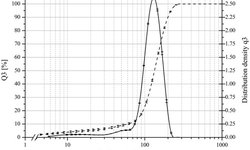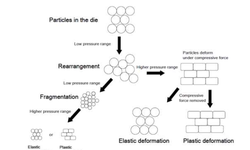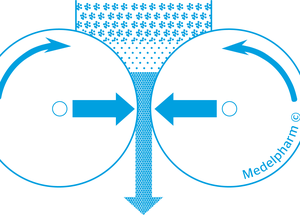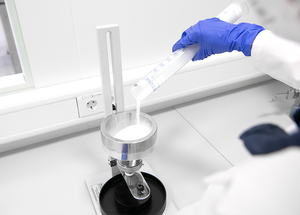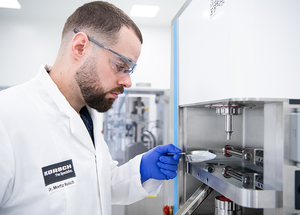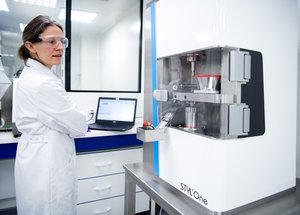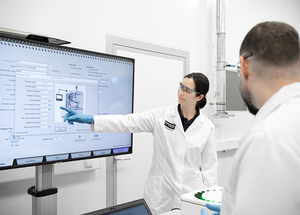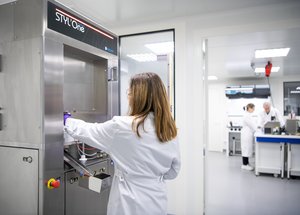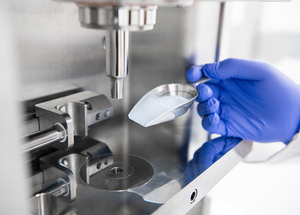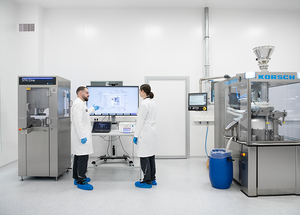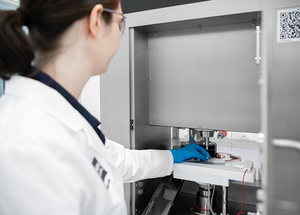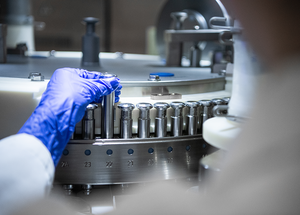Scientific papers
Roll compaction (RC) stands as a cost-efficient dry granulation technique extensively utilized in the pharmaceutical sector. In the initial stages of formulation development, particularly when resources are constrained, the ability to forecast crucial parameters in RC, such as gap width and specific compaction force (SCF), for achieving a desired ribbon solid fraction (SF) would greatly enhance formulation development efficiency. Such foresight would obviate the necessity for conducting experiments directly on the roller compactor. Presently, however, experiments on RC mechanical simulators tend to overestimate the target SF compared to actual roller compactor SF values.
Despite the development of numerous correction methodologies to enhance the predictive accuracy of various mathematical models applied to simulate experimental results, no study has amassed a sufficiently broad database to validate a correction factor enabling precise simulation of the compaction behavior of multicomponent mixtures.
In this study, 25 different formulations with a 40% drug load undergo compaction at various SCFs, both on a RC emulation device (Styl'One Evolution) and an authentic roller compactor (Gerteis Mini-Pactor). Employing a methodology akin to Reimer et al. and adopting a simplified version of Johanson's mathematical model, four distinct correction factors are computed, contingent upon the consideration of their material properties and pressure dependencies. Ultimately, one correction factor emerges as the optimal compromise between SF prediction accuracy on the Gerteis Mini-Pactor and its suitability across a wide spectrum of formulations, owing to its independence from material properties. This discovery holds particular significance for scaling up to the specified roller compactor or for the early developmental stages of new formulations lacking mechanical characterization.
Comments
No comments posted yet.
Add a comment


